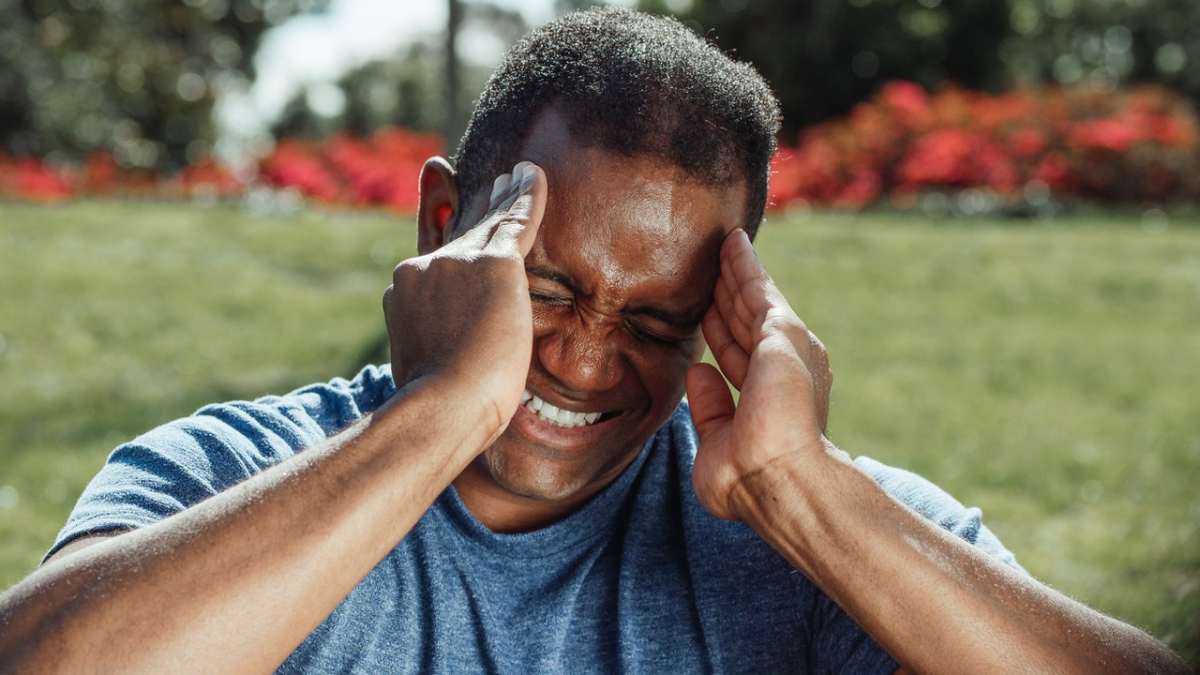Brain injuries are among the most serious injuries a person can sustain. And while some brain injuries are obvious and require immediate medical care, others are more subtle and less pronounced. Understanding the signs and symptoms of a brain injury could save your life.
What is a Brain Injury?
The term “brain injury” is an all-encompassing one. It’s usually used to refer to an injury to the brain, scalp, or skull. These injuries can be minor, moderate, severe, or life-threatening. And the sooner the injury is detected, the greater chance there is of addressing the underlying issue and promoting a healthy recovery.
When it comes to brain injuries, Stanford Health Care refers to two different categories or classifications: primary brain injuries and secondary brain injuries.
“Primary brain injury refers to the sudden and profound injury to the brain that is considered to be more or less complete at the time of impact. This occurs at the time of the car accident, gunshot wound, or fall,” Stanford explains.
A secondary brain injury is something that occurs over a longer period of time (rather than an acute situation). These injuries usually evolve over a period of hours, days, or even weeks. During this process, there are physical and chemical changes that take place inside the brain.
Common Causes of Brain Injuries
Generally speaking, primary brain injuries occur in one of two ways:
- Closed brain injury. This is an injury that occurs without any break in the skull or penetration to the brain. The classic example is a concussion that occurs in a sport’s game or car accident. The head may come into contact with another object, causing the brain to shake or bruise, but the skull remains intact.
- Penetrating brain injury. As the name suggests, this is an open head injury where there’s an actual break in the skull. An example would be a gunshot wound where a bullet pierces the brain.
The type of symptoms can vary rather dramatically based on whether it was a closed brain injury or a penetrating brain injury. Not only that, but the severity of the impact can lead to varying levels of severity.
3 Types of Symptoms Brain Injury Symptoms
If you’re shot in the head and there’s blood running down your face, it’s pretty obvious that there’s a brain injury. However, those situations are few and far between. Most brain injuries are far less obvious.
In these scenarios, being able to identify symptoms is helpful. Not only will it allow you to seek medical attention, but it could also help you clarify whether you need to hire a personal injury attorney to explore possible forms of compensation.
Here are a few of the most common symptoms:
1. Physical Symptoms
It’s the physical symptoms of a brain injury that people typically notice first. Common ones include headache, nausea and vomiting, fatigue and drowsiness, speech issues, dizziness, loss of balance, and other pain or discomfort in the head.
Because these symptoms can be signs of numerous other health issues or illnesses, it’s important to pay attention to their timing. If there’s a sudden onset after a specific situation – like a car accident – there’s a high likelihood of the symptoms being correlated to the incident.
2. Sensory Symptoms
You’re also likely to notice sensory symptoms fairly quickly. This may include blurred vision, strange tastes in your mouth, ringing in the ears, or a loss/change in your ability to smell. Sensitivity to lights and sounds are other common symptoms.
3. Cognitive and Behavioral Symptoms
While you’re less likely to notice these right away, cognitive and behavioral symptoms are quite common in the aftermath of a brain injury. This includes things like memory or concentration problems, sudden mood swings, feelings of depression, anxiety, challenges sleeping and/or sleeping more than usual. If these symptoms are occurring in tandem with physical or sensory symptoms, it’s even more likely that some sort of brain injury has occurred.
Seek Immediate Medical Attention
The most important thing is that you get the proper medical attention. As soon as you begin noticing symptoms, contact your doctor. A licensed health professional will ask you questions, run the appropriate tests, and begin the process of treating your brain injury.
The sooner you act, the more likely it is that you can reach a swift and complete recovery.


